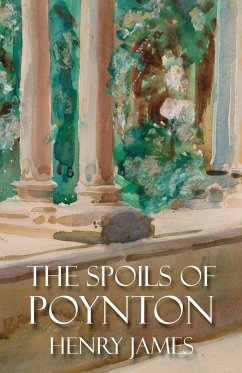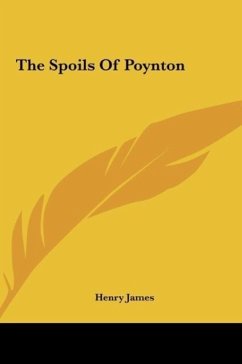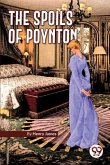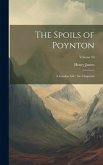When Fleda Vetch, young and unattached, is befriended by the well-off Mrs. Gareth, she feels appreciated by the older woman in a way she hasn't before. Their friendship develops and Fleda comes to understand Mrs. Gareth's deep love of the magnificent belongings-art, textiles, furniture-that she and her now-deceased husband lovingly collected at their home at Poynton over the course of their marriage and travels. Mrs. Gareth doesn't want it all to go to the uncultured young woman her son Owen intends to marry; she believes Fleda will make a better daughter-in-law, one who will be deserving of her beloved treasures. Her schemes force Fleda to honestly consider her own desires, but they also threaten to bring heartache to everyone involved.
Hinweis: Dieser Artikel kann nur an eine deutsche Lieferadresse ausgeliefert werden.
Hinweis: Dieser Artikel kann nur an eine deutsche Lieferadresse ausgeliefert werden.








